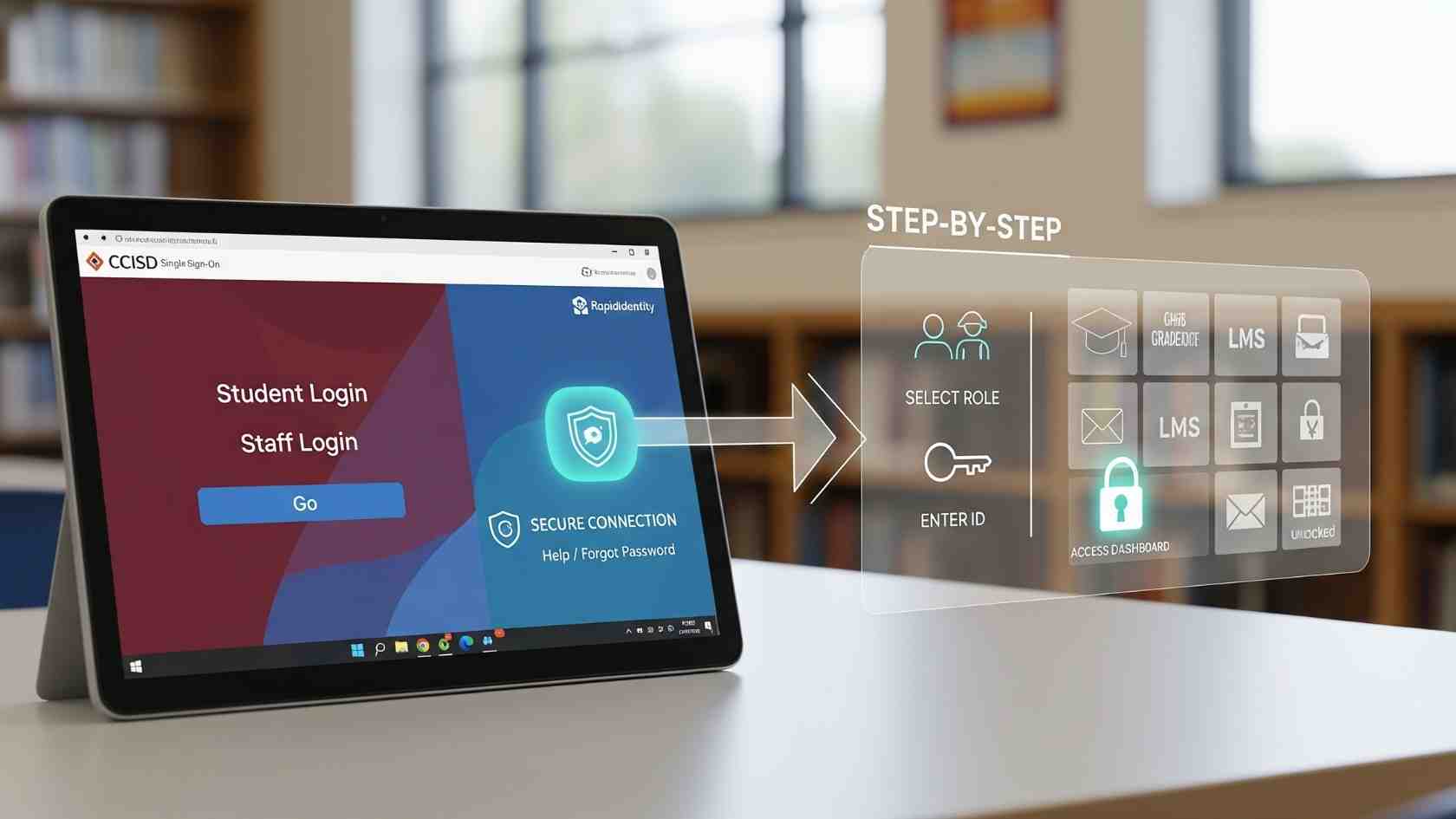In today’s fast-moving SaaS world, delivering great software at a low cost is a must. Old testing methods take too much time and money, slowing down product launches. That’s why lots of companies are opting for AI-powered testing. Using AI to create, run, and manage tests automatically. It can help businesses reduce QA costs by up to 80%.
In short, AI testing saves money and helps SaaS companies launch better software more quickly. This article explores how AI testing cuts QA costs, shares real‑world benefits, and offers practical tips for integrating AI into modern QA workflows.
The High Cost of QA in SaaS
SaaS companies realize that the traditional QA method is not effective and useful with agile development. This is the reason AI-driven testing is an effective solution for this problem. These are smarter, faster, and more affordable solutions to replace traditional QA methods.

Manual Testing Overhead
Many SaaS companies still depend on manual QA, but it requires a lot of time and effort. Every update requires repeat testing, which often slows things down and delays releases.
Resource-Intensive Processes
It is often expensive for companies to hire and manage a QA team. Moreover, training testers even requires more costs and effort, especially in cases when the company is expanding rapidly.
Impact on Product Delivery
If QA is slow, it directly affects timelines and customer satisfaction. Missed bugs make users leave and spoil your reputation. This is the reason testing must be quick, smart, and reliable.
What is AI-Powered Testing?
AI-driven testing is defined as
“Use of AI and machine learning to automate and optimize software testing. Instead of depending on fixed scripts and manual checks, AI-based testing can learn, adapt, and improve over time.”

The following are some general features of AI-powered software testing:
- By learning user behavior and changes, AI tools automatically create smart test cases.
- One of the main features of AI testing is self-healing scripts. It helps in identifying and fixing broken tests when UI elements change.
- Smart test prioritization mainly focuses on highly sensitive areas and typically detects bugs.
- Natural Language Processing (NLP) allows testers to write test steps in plain English.
- Predictive Analytics uses past data to guess where things might go wrong and suggests fixes based on historical data.
How AI Testing Tools Reduce QA Costs
AI-powered testing is changing QA in SaaS by slashing costs and boosting efficiency. AI testing takes over repetitive QA work and smartly chooses which tests matter most, helping teams find more bugs faster. This saves money on testing while speeding up release cycles.
This is how AI testing tools save big while keeping software quality high.
Automated Test Creation
AI testing tools can automatically create test cases by tracking code updates and real user actions, freeing QA teams from manual scripting. This not only saves time but also reduces the testers’ workload significantly.
AI testing tools can automatically generate test cases by spotting code changes and real user behavior. It reduces manual scripting, saves lots of time, and frees up QA teams to focus on smarter tasks. For more, curated list of AI testing tools on the testRigor blog.
Self-Healing Test Scripts
When the app’s UI changes, like renamed or moved buttons, old test scripts usually break. AI testing tools fix this by automatically spotting changes and updating scripts to save effort and QA teams.
Smart Test Prioritization
To target the most important areas, AI usually reviews the code and past test results. This strategy helps to find bugs faster with fewer tests. Moreover, it saves your time and resources.
Continuous Integration Support
During every build or development, AI works with your CI/CD pipeline to conduct real-time tests. This strategy tracks feedback and reduces delays.
A Few Key Considerations and Challenges
It is important to choose AI wisely to obtain proper benefit from it. So, SaaS companies should be aware of the following key challenges.

Tool Compatibility
Before using AI testing, ensure the tools work smoothly with your current development, CI/CD, and testing system.
Initial Setup and Training
AI testing tools offer automation, but setting them up takes time and know-how. Teams need to learn how they work and feed them the right data to get real results.
Data Privacy and Security
SaaS teams select secure platforms and AI testing tools to handle a lot of data. These AI testing tools help to secure user behavior and system logs and keep them secure.
Final Thoughts
It’s time to sum up the details. AI-powered testing helps SaaS companies improve quality faster and reduce errors. It also helps to minimize manual work effort. By using smart tools, teams can save time, reduce costs, and improve the user experience. There may be some challenges at the start, but it is beneficial for SaaS companies.
Using AI for testing is not just a trend; it’s a smart move for growing SaaS businesses to grow faster.










